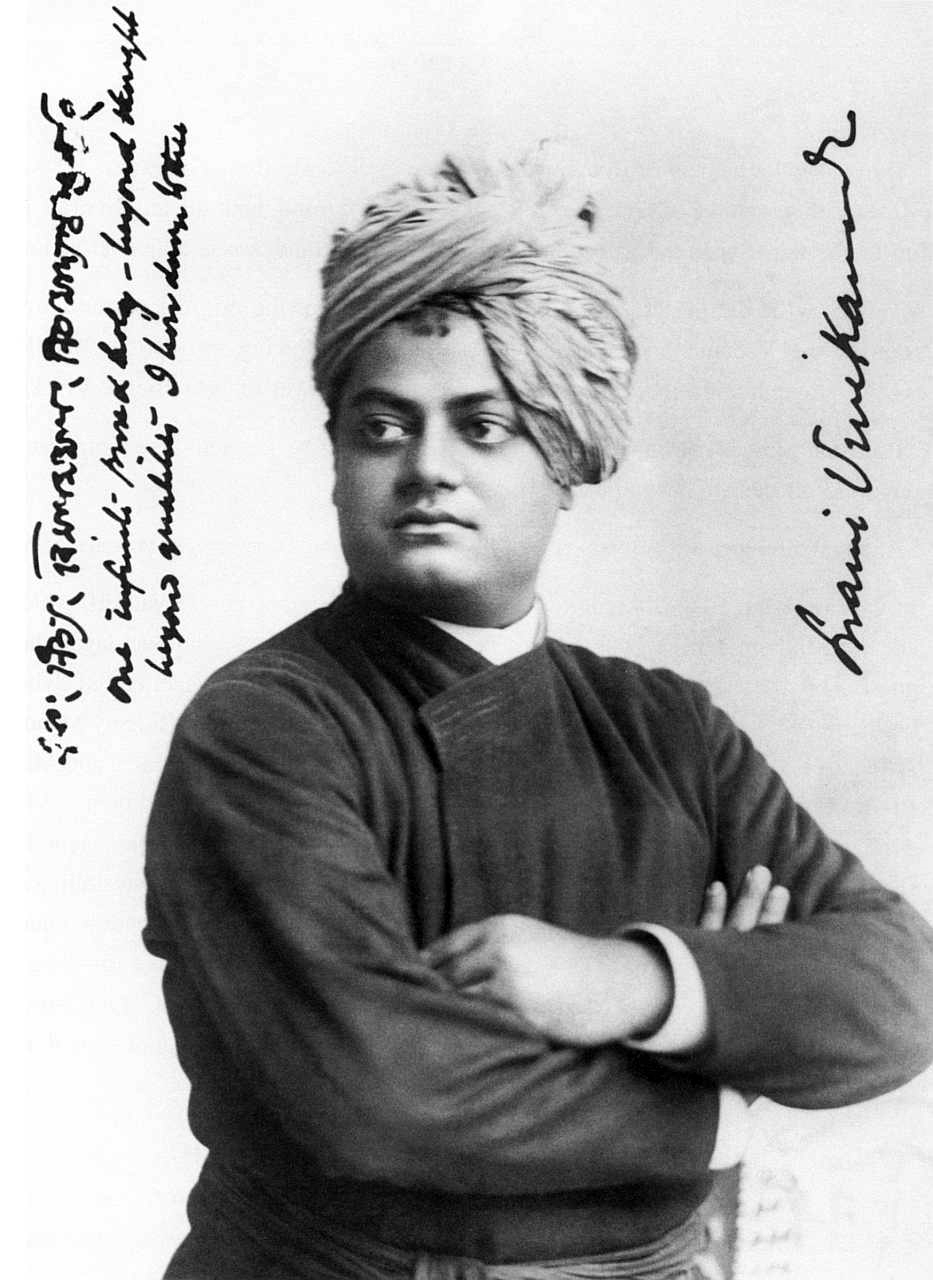About

Swami Vivekananda () (12 January 1863 – 4 July 1902), born Narendranath Datta, was an Indian Hindu monk, philosopher, author, religious teacher, and the chief disciple of the Indian mystic Ramakrishna. Vivekananda was a major figure in the introduction of Vedanta and Yoga to the Western world, and is credited with raising interfaith awareness and elevating Hinduism to the status of a major world religion.